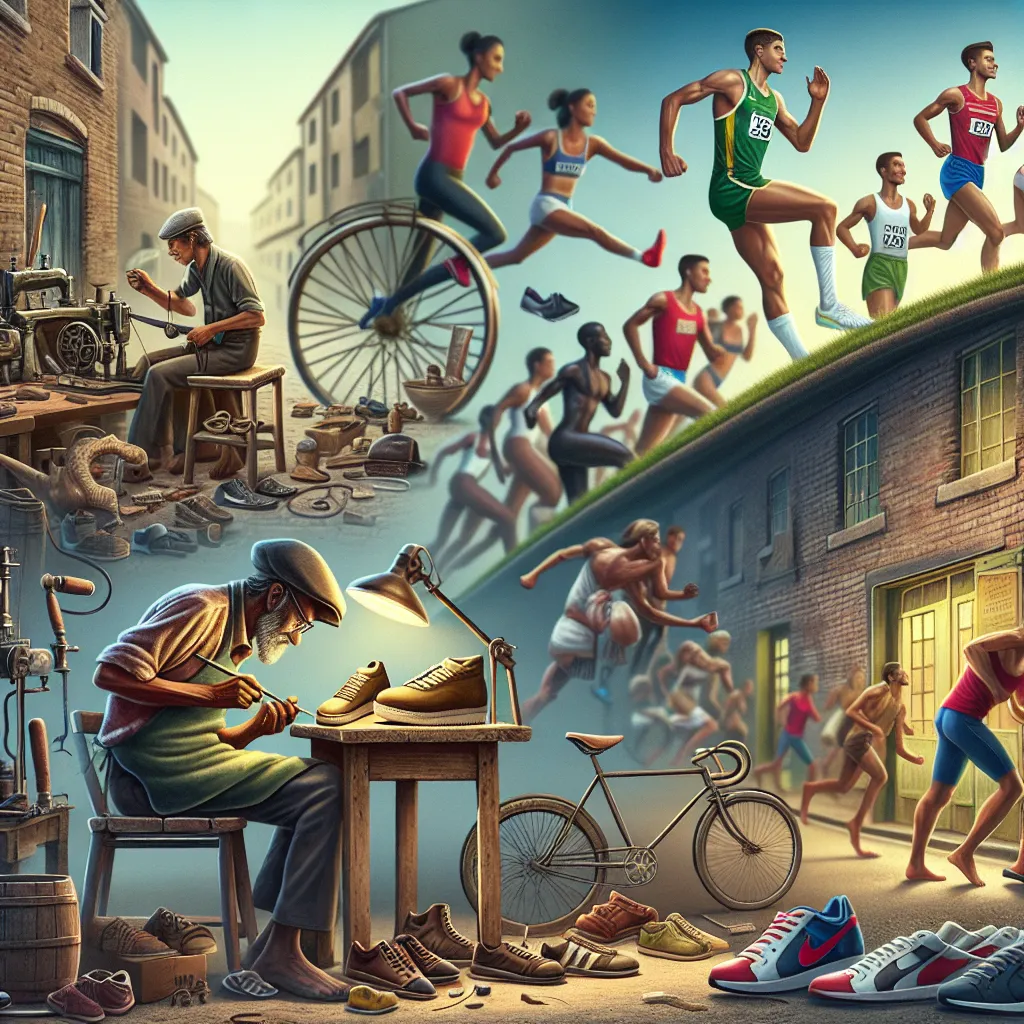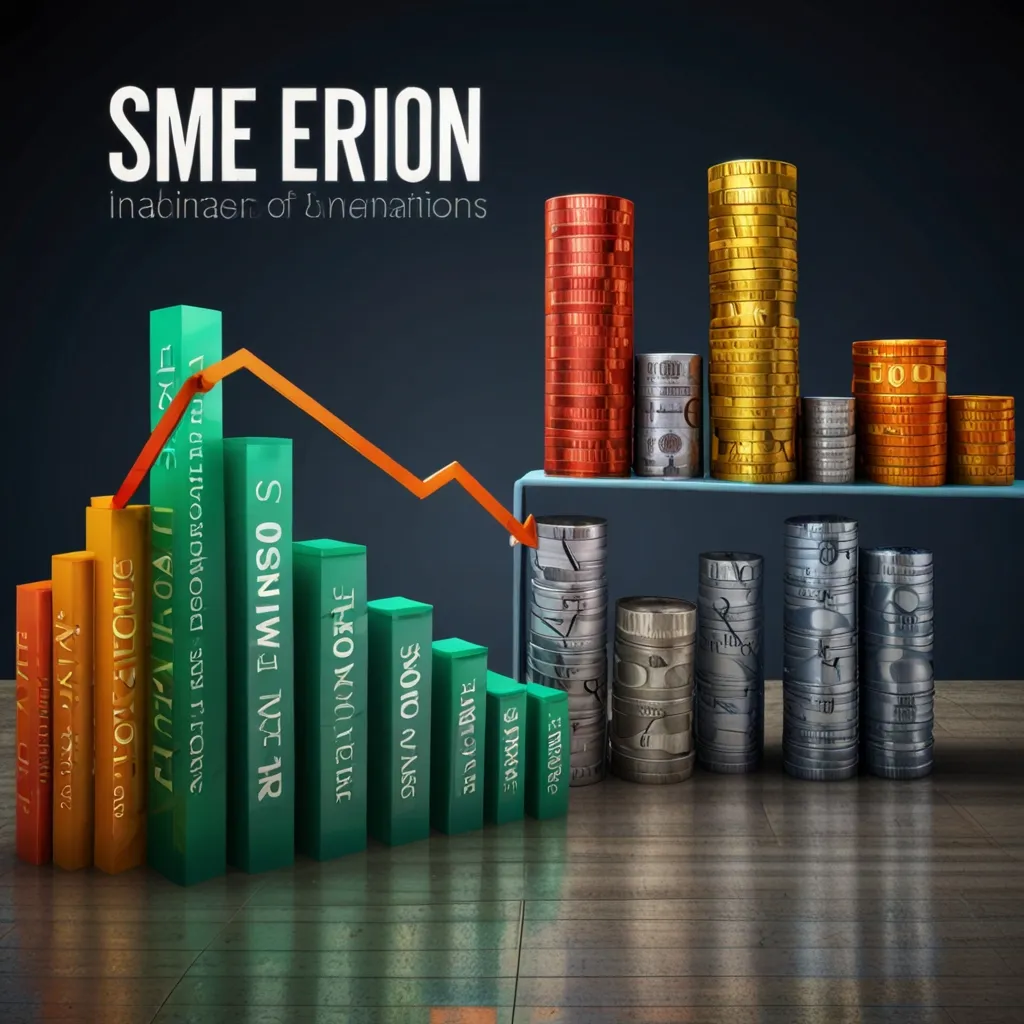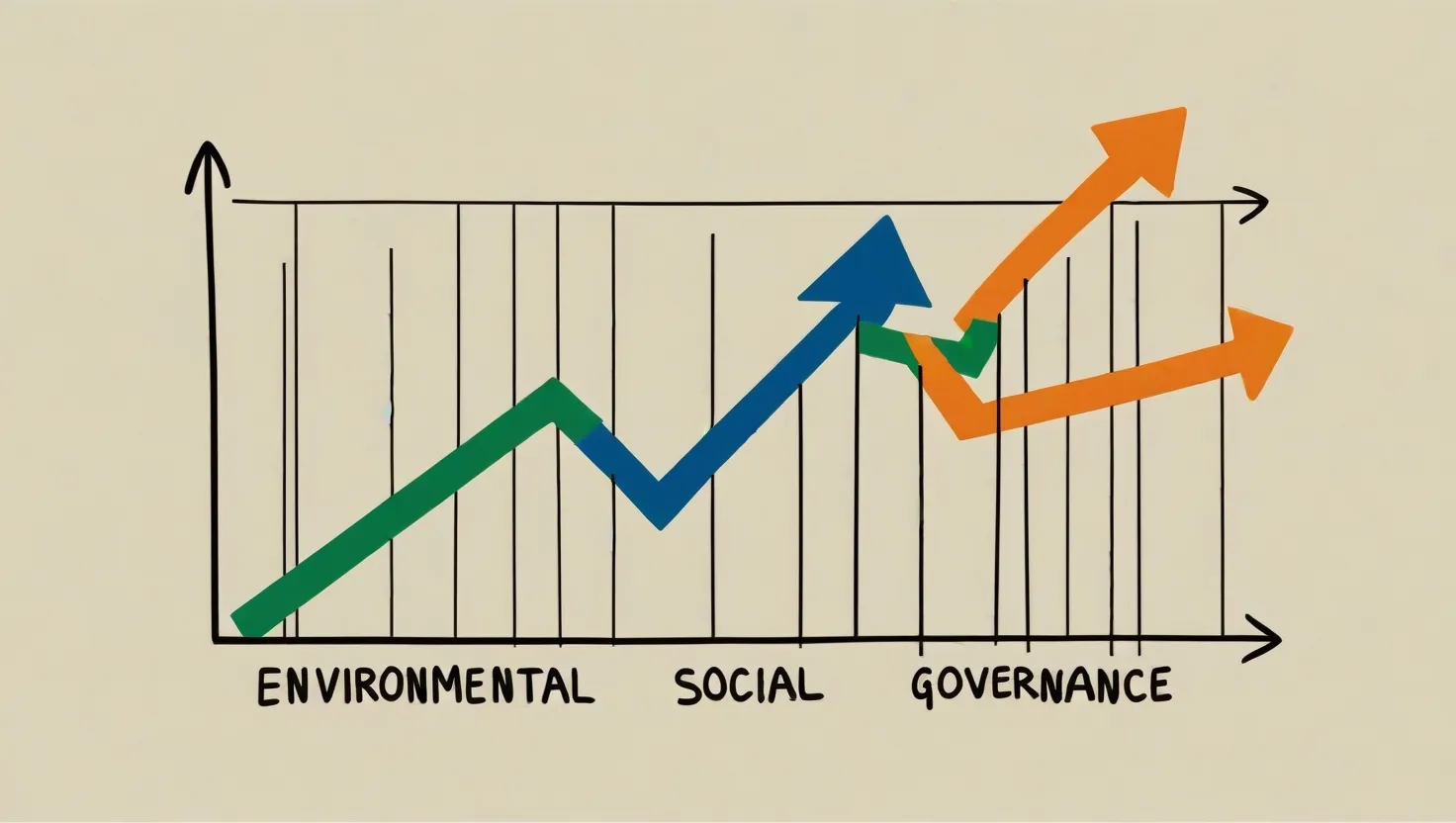Adidas, a name that rings synonymous with sports excellence, has a surprisingly dramatic history rooted in the quaint Bavarian town of Herzogenaurach. The story starts in the 1920s with a poor young cobbler named Adolf “Adi” Dassler. Adi, operating from his mother’s laundry, powered his shoe-making machines with a bicycle due to unreliable electricity. Resources were scarce, so he got inventive, using old military equipment to craft his shoes.
Joined by his more business-savvy brother Rudolf in 1924, the two formed “Die Gebrüder Dassler Schuhfabrik.” Adi focused on production while Rudolf managed sales. Their synergy boosted them from their mother’s laundry to a dedicated workshop by 1926.
Adi’s ambition to create sports shoes hit a milestone in the 1928 Amsterdam Olympics, with German athletes wearing Dassler shoes. This momentum carried into the 1932 Los Angeles Olympics and soared when Jesse Owens, wearing Dassler shoes, won four gold medals in the 1936 Berlin Olympics.
However, WWII disrupted their flourishing business. The factory was repurposed for wartime production, making anti-tank weapons. Post-war, their relationship soured, allegedly due to suspicions of betrayal, leading Rudolf to leave and start Puma in 1948, severing ties with Adi forever.
Herzogenaurach, divided by this rivalry, became a town where people’s loyalties could be spotted by their footwear—Adi’s Adidas or Rudolf’s Puma. Adi continued to innovate in sports footwear, securing Adidas as a global brand. Despite facing financial struggles and a near-bankruptcy in 1989, the brand rebounded in the 1990s under new management.
Adidas made strategic acquisitions, including Reebok in 2005 and the fitness tech company Runtastic in 2015, cementing its place in the modern sports world. The legacy of the Dassler brothers lives on in the brands that continue to dominate the athletic industry.






